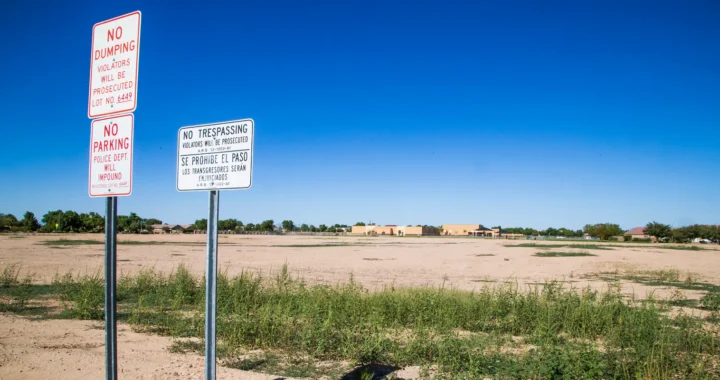If you are a vacant landowner, understanding zoning laws and regulations is crucial to ensure that you use your land legally and efficiently. Zoning laws regulate how land can be used and developed, and they differ based on the location of the land. In this article, we will discuss zoning laws and regulations for vacant landowners, what they mean, and why they matter.
What are Zoning Laws?
Zoning laws are regulations that dictate how land can be used, developed, and divided. They are created by local governments, such as city councils or planning commissions, and they vary depending on the location of the land. Zoning laws aim to ensure that land is used in ways that benefit the community and the environment. Some common types of zoning laws include residential, commercial, industrial, and agricultural zoning.
Why do Zoning Laws Matter?
Zoning laws matter because they regulate the use of land, and they have a significant impact on land value, development potential, and property rights. As a landowner, it is essential to understand the zoning laws that apply to your land to avoid potential legal and financial issues.
For example, if your land is zoned for residential use, you cannot build a commercial property on it without obtaining a variance or rezoning the land. Zoning violations can result in fines, legal disputes, and other consequences. By understanding zoning laws, you can make informed decisions about how to use and develop your land while complying with the law.
Types of Zoning Laws
There are several types of zoning laws that vacant landowners should be aware of. Here are some common types of zoning laws:
- Residential Zoning
Residential zoning is the most common type of zoning, and it regulates how land can be used for housing. Residential zoning is further divided into several subcategories, such as single-family residential, multi-family residential, and mixed-use residential.
Single-family residential zoning is the most common type of residential zoning, and it allows for the construction of one single-family home per lot. Multi-family residential zoning allows for the construction of apartment buildings, townhouses, and other types of multi-family dwellings.
- Commercial Zoning
Commercial zoning regulates how land can be used for businesses and commercial activities. Commercial zoning is further divided into several subcategories, such as retail, office, and industrial zoning.
Retail zoning allows for the construction of shopping centers, malls, and other types of retail establishments. Office zoning allows for the construction of office buildings and other types of commercial buildings used for professional services.
Industrial zoning allows for the construction of factories, warehouses, and other types of industrial facilities.
- Agricultural Zoning
Agricultural zoning regulates how land can be used for farming and agricultural activities. Agricultural zoning is intended to protect farmland and encourage agricultural activities.
- Open Space Zoning
Open space zoning is intended to preserve natural resources and open spaces. Open space zoning allows for the creation of parks, hiking trails, and other types of recreational areas.
- Historic Preservation Zoning
Historic preservation zoning is intended to preserve historic buildings and areas. Historic preservation zoning allows for the restoration and preservation of historic structures and areas.
How to Determine Zoning Laws for Your Land
To determine zoning laws for your land, you can contact your local government, such as your city or county planning department. Your local government can provide you with information about the zoning laws that apply to your land.
Additionally, many local governments have zoning maps that show the different types of zoning in a particular area. You can also hire a real estate attorney or a land use consultant to help you navigate zoning laws and regulations.
Conclusion
Understanding zoning laws and regulations is essential for vacant landowners to ensure that they use their land legally and efficiently. Zoning laws regulate how land can be used and developed, and they need to be respected or the repercussions could be expensive.

